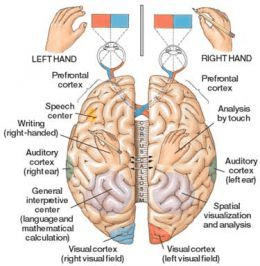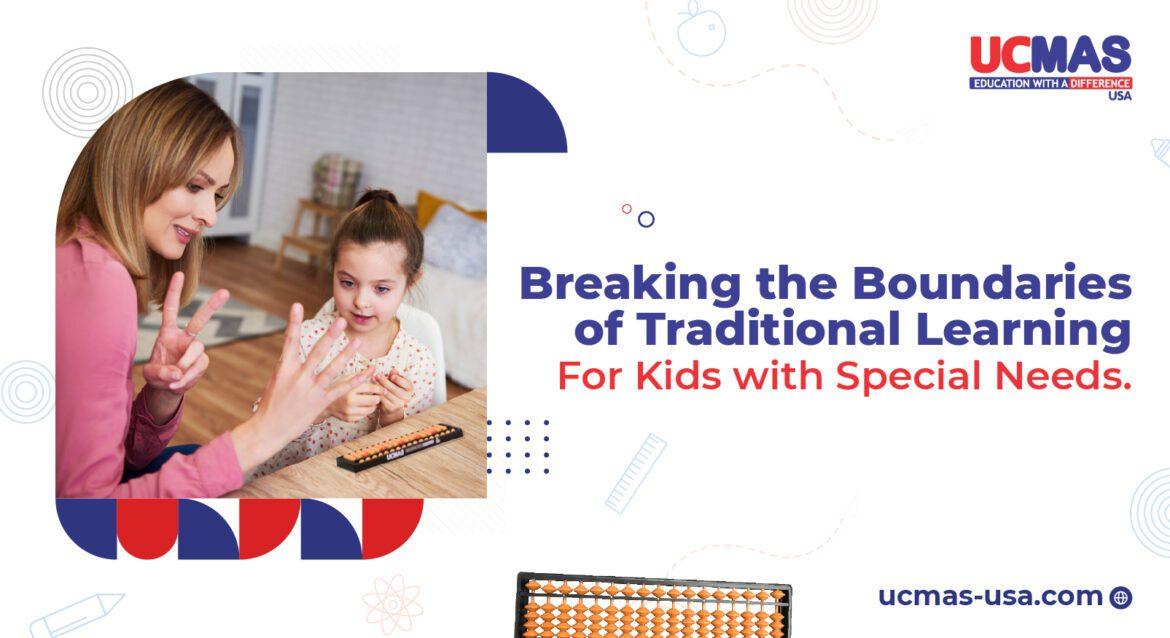Every child is born with an innate curiosity to learn new things, to understand how nature works, and to achieve a basic understanding of the world around them. While learning is an easy adventure for some children, a few young children face challenges on the road to learning. Some children might need additional attention or a different approach to help them improve their learning abilities. One such approach or tool scientifically proven to enhance the learning and retention abilities of children with special needs is the Abacus.
In this blog, let’s explore in depth the study method of abacus-based learning programs, how it benefits children with special needs, and some of the benefits it can bring to the child’s educational journey.
The Abacus Learning Method
The abacus, though ancient, is an instrumental tool in laying the groundwork for mathematical calculations. The abacus uses a tactile approach to learning math concepts, wherein children have to manipulate the beads on the abacus to perform calculations. In the abacus math program, children are encouraged to use the fingers of both hands to calculate. This facilitates a multi-sensory approach that benefits children compared to the use of abstract numbers and calculations.
To understand how the abacus simplifies learning for children with special needs, let’s learn more about the diverse challenges faced by students with special needs.
Understanding the Diverse Challenges of Students with Special Needs
Dyslexic/ Dyscalculic
Dyslexia is a learning disorder believed to be caused due to differences in the structure and functionality of the brain. Dyslexic children often find it difficult to read, spell, connect the sequence of things, and recognize the similarities in a pattern.
Dyscalculia is a specific learning disorder that affects the mathematical ability of a child. A dyscalculic child finds it difficult to perform basic math calculations, number sense, number facts, or understand procedures to solve problems. Dyslexia and Dyscalculia are two different neurodevelopmental disorders and not all children who are dyslexic have dyscalculia too.
Abacus math provides a visual and tactile approach for students with dyslexia and dyscalculia. The beads on the abacus serve as a physical conduit for learning math operations and developing a number sense. Students with dyscalculia are generally overwhelmed by the concept of numbers and mathematical operations. The abacus helps overcome that by eliminating the abstract idea of calculations. Similarly, constant practice helps dyslexic students recognize patterns and the hands-on practice enhances their visual and tactile senses making it easier for them to understand mathematical concepts.
Autistic
Autism or (Autism Spectrum Disorder) is a neurodevelopmental disorder and is characterized by a broad range of symptoms. Autistic children face challenges while communicating, interacting, and learning. These symptoms and challenges vary across all children diagnosed with Autism Spectrum Disorder. Read more about autism.
Autistic children also benefit from the visual and hands-on learning with the abacus. The structured and repetitive learning style aligns well with their inclination to repetitive routines and predictability. The abacus math program also helps them enhance their motor skills, attention span, and concentration. This newfound reliable structure for learning also boosts their confidence owing to the success in understanding numbers and concepts.
Attention Deficit Hyperactivity Disorder (ADHD)
ADHD is one of the most common mental development disorders diagnosed during childhood. Children with ADHD have difficulty concentrating, short attention spans, and may exhibit compulsive behavior. They may have difficulty reading, writing, and processing numbers.
Watch this video for an insight into the mind of a person with ADHD.
Abacus math provides a structured learning approach for children with ADHD. The hands-on approach along with the finger theory used while manipulating the abacus beads engages their focus and attention and helps channel their excess energy. The repetitive nature of abacus usage and the practice of breaking down problems also help children develop sustained attention over time and concentrate on one small task at a given time.
Visual Impairment
Visual impairment is any kind of visual loss, it can range from poor vision to vision loss. Most of the academic system relies on a curriculum that is heavily reliant on visual learning, which can be disadvantageous for visually impaired students. The abacus math program has a different approach which includes auditory, visualization, and multisensory skills. This approach reduces the dependency on the visual aspect of learning and makes learning a cognitive experience, leading to a boost in the confidence of visually impaired students. They are presented with a chance to explore other mediums and senses to learn and understand concepts.
Don’t miss out on this inspiring tale of a UCMAS student, Shrey
Benefits of Abacus Math for Children with Special Needs
As briefly discussed previously, the abacus program provides a different approach to learning for kids with special needs. It provides a tailored and structured program that addresses their individual cognitive and development challenges. Let’s explore the benefits of abacus classes for children with special needs in detail.
Enhanced Cognitive Skills
Using the abacus stimulates cognitive functions such as memory, concentration, and breaking down problems to solve them. This structured and physical nature of abacus math improves focus, understanding, and confidence among students with special needs.
Improved Fine Motor Skills
While manipulating the beads on the abacus, children are taught to use the fingers on both hands simultaneously. This stimulates commendable hand-eye coordination, concentration, and development of motor skills.
Multi-Sensory Learning Experience
Abacus math fosters a multi-sensory experience by using multiple senses simultaneously while approaching a problem. Visually learning is achieved when the students observe the movement of the beads and the placement of numbers. The children are encouraged to count aloud facilitating auditory interpretation. Tactile stimulation occurs when students physically manipulate the beads on the abacus. This holistic approach is inclusive to students with diverse sensory preferences and helps them to effectively develop an urge to learn.
Independence and Increased Confidence
As students master the abacus and adopt a new approach to calculations and solving problems, they feel empowered to tackle complex situations with confidence and a sense of independence. This newfound confidence has a positive impact on all areas of their lives.
Fosters Sequential Thinking and Logic
The abacus math program teaches children to break down problems into smaller manageable steps and adopt a structured approach to learning. This facilitates problem-solving abilities and logical thinking.
Development of Persistence and Resilience
Learning the abacus requires practice and perseverance. Besides, the repetitive structure of abacus learning facilitates the preferences of children with ADHD or autism. Through continuous practice, children slowly overcome challenges associated with learning and developing resilience towards new problems that they face in life.
The Impact of the UCMAS Math Classes on Students with Special Needs.

The UCMAS math program encourages children to use a learning approach that stimulates both lobes of the brain, increasing neuron connectivity. By using techniques like 6-finger two-handed calculations, physical manipulation, visualization, and interpreting problems, the student is developing both the creative and logical aspects of the brain, leading to overall brain development. This program provides a hands-on approach and an effective style of learning to suit the varied abilities of students with special needs. From one-to-one attention to extensive research on the use of the abacus, UCMAS has all the extra help you require for your child who needs an extra push to excel academically.
Contact the UCMAS abacus centre today to ensure a bright and success-driven future for your child.
Source: Research Gate.


